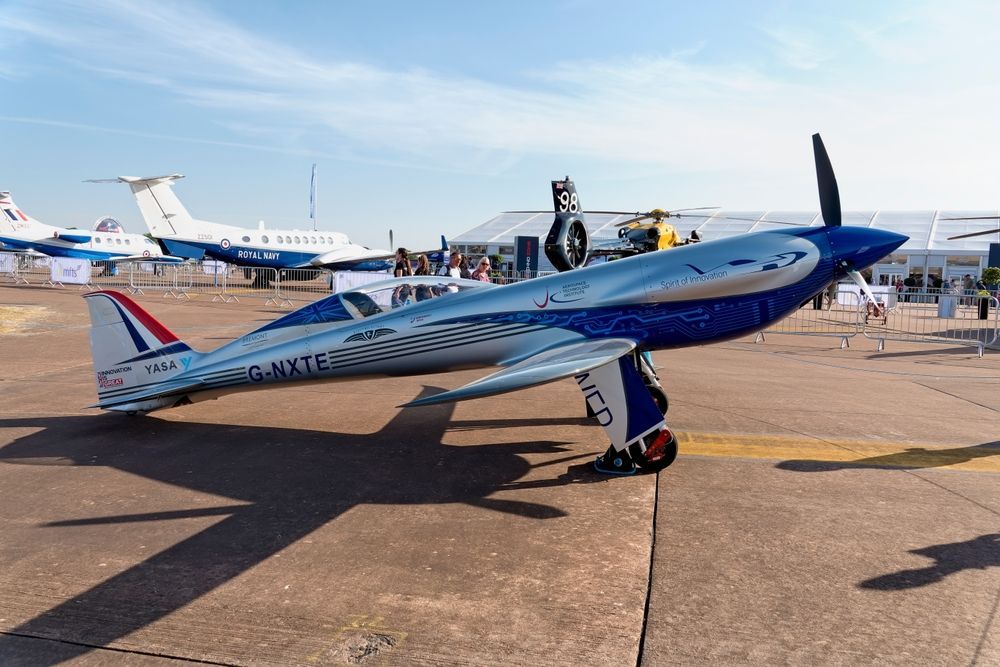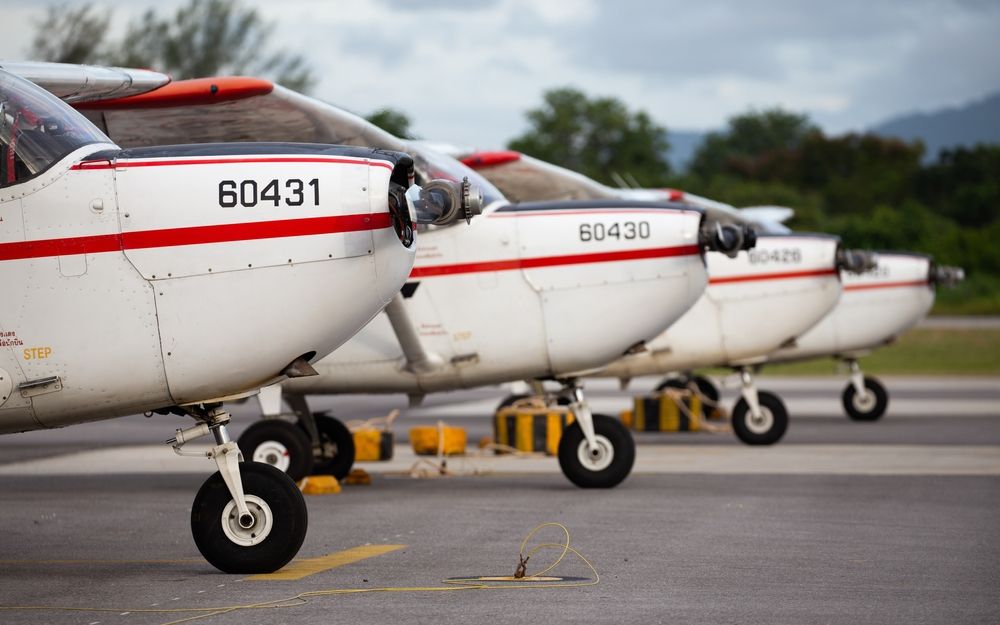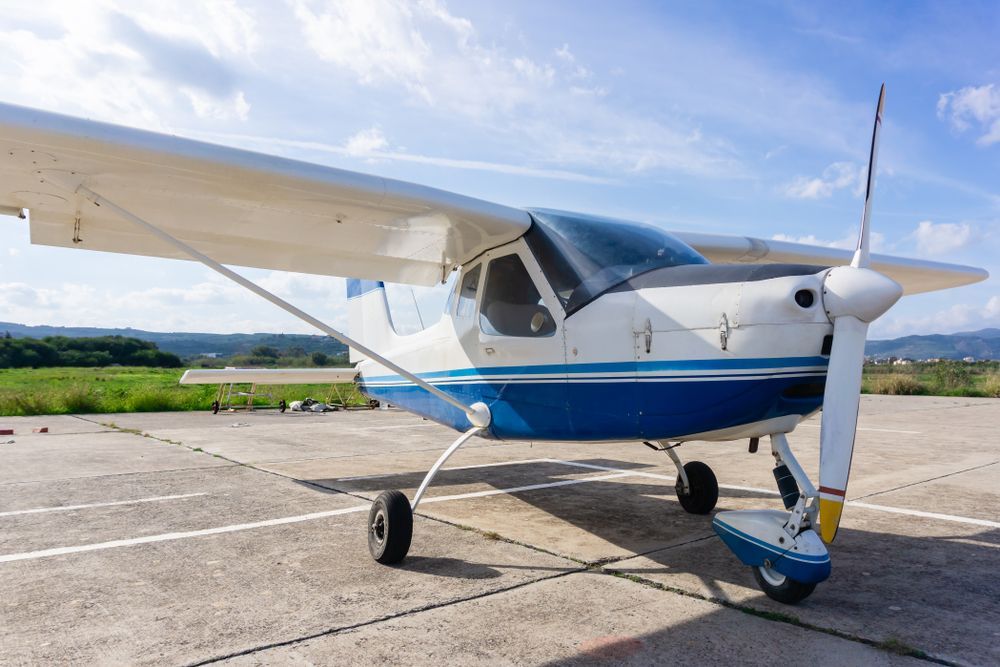So, you finished your pilot training and received a pilot’s license. Congratulations! Now, the only thing standing between you and the sky is access to an airplane. Buying an airplane, while very attractive in theory, is a huge financial commitment. Ownership can be unrealistic at first, especially once you add costs for storage, fuel, maintenance, repairs, and insurance to the flat cost of a plane. The good news is you have another, far more affordable, option: aircraft rental.
Aircraft Rental: Can you Rent a Plane?
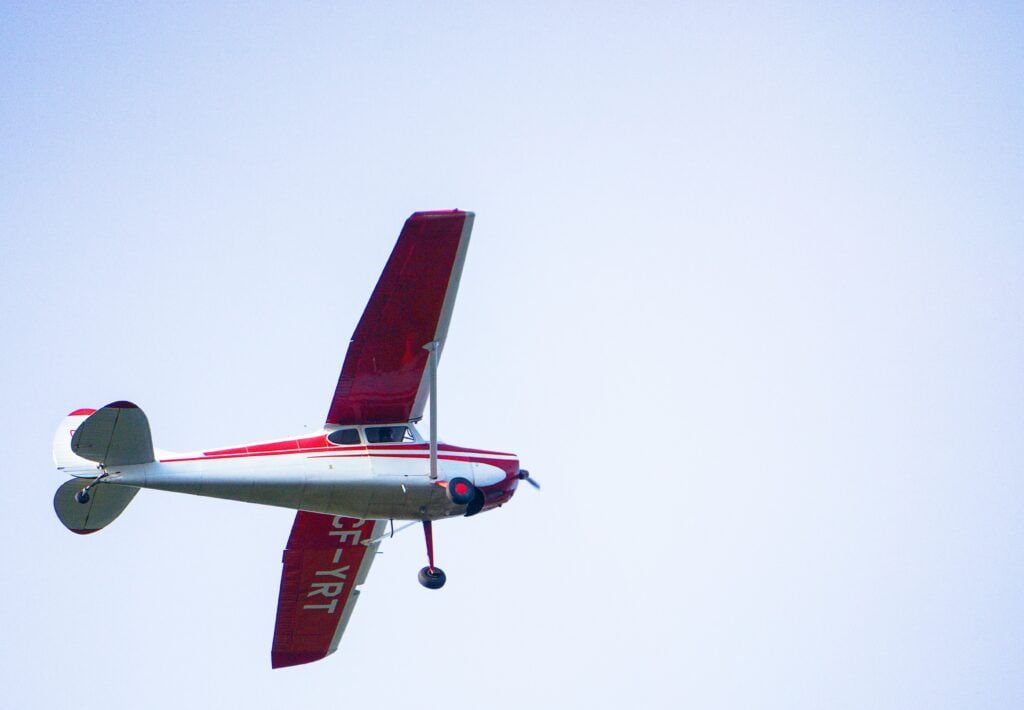
Yes! Plane rentals are growing in popularity, and they are a fantastic option for pilots interested in flying on their own time but without the financial means to buy their own plane. Renting has other benefits, too, like maintenance, provided storage, variety of plane model, and sometimes included fuel. You may need to do some research to find an airplane rental place near you, but flight schools and local aviation centers—like J. A. Air Center —are a good place to start.
How Much Does It Cost to Rent a Plane?
The short answer is: a lot less than buying a plane. Renting is exceptionally cost-effective. If you purchase a plane, you’re looking at paying a blanket price for the plane—depending on the year, model, and engine, probably upwards of $50,000. On top of that, you need to rent hangar space, pay monthly pilot’s insurance installments, buy gas as needed, and pay for maintenance and repairs, putting your annual spending well over $20,000. If you know you can afford it, and the ability to fly whenever and wherever you want is worth it—and it certainly can be—buying a plane is worth serious consideration. However, the financial commitment of owning a plane is very overwhelming, especially to new pilots. Renting provides a far less expensive option, albeit with less consistent availability.
Plane rentals usually charge by the hour, so you only pay for the time you use the plane. Though the exact numbers vary from company to company, rentals usually run between $150 and $500 per hour, depending on the size and engine capacity of the plane. If you, like most other recreational pilots in America, fly about fifty hours each year, depending on the plane or planes you rent, you’re looking at between $7,500 and $25,000 a year in expenses. If you’re consistently renting the most expensive options, purchasing a plane might be worth the cost, since there isn’t much cost difference. However, if you plan on renting smaller or less expensive models, renting is much cheaper than owning a plane. Some rental companies have options to pay for a set amount of time per month, and if you know how much you will fly, this is a good option as well.
Wet Renting vs Dry Renting
An important consideration is wet renting versus dry renting. In wet renting, the cost of oil and fuel is included or reimbursed in the total charge. You don’t have to worry about budgeting specifically for these in addition to the actual rental, but you are still paying for them. If you are dry renting, oil and fuel are not included in the price and the pilot is responsible for covering both as needed. Both options have benefits. Wet renting lets the pilot show up to a full tank of gas, or depending on the company’s policy, request the amount of gas he or she would like. Dry renting allows the pilot to find cheaper options for gas and helps teach fuel management and knowledge.
Aircraft Rental Benefits
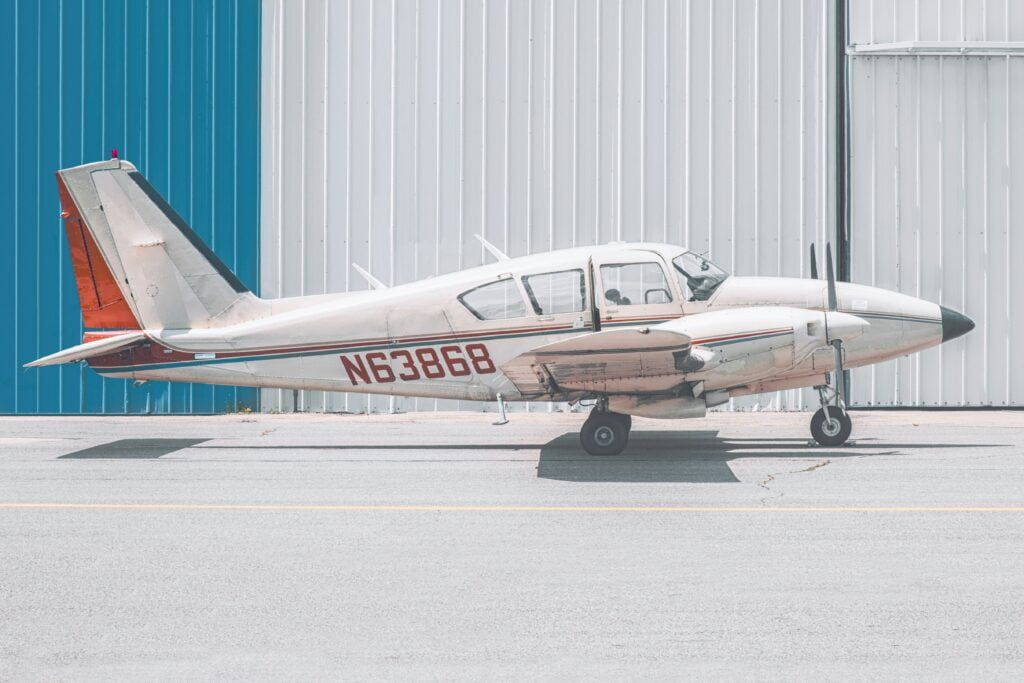
Maintenance
If you own a plane, you are responsible for maintaining it and finding qualified mechanics to repair it. You don’t need to worry about this when renting. Because the rental company is required to keep planes up to current standards in order to rent them out, they take care of maintenance and repairs, leaving you to simply enjoy your time in the air.
Storage
When renting a plane, you don’t need to worry about having access to a hangar to store your plane, paying to rent space on top of your other airplane expenses, or maintaining and checking on it when you aren’t using it regularly. The rental company stores and cares for the plane whenever it’s not in use.
Variety
When renting instead of buying, you can try out several models of plane, depending on the availability at your rental company. If you plan to buy a plane at some point in your future, renting is an excellent chance to get to know different plane models. Rental companies offer personal training with the plane you rent, as a way to prevent any liability issues, but it means you get a chance to learn both how to comfortably fly with different plane models and which one you are interested in buying.
Instructors
When you rent a plane model for the first time, the rental company will provide you with an instructor, so you know how to use the specific controls for that model. This means that you are guaranteed to have an instructor no matter what plane you rent, something you can’t count on if you buy a plane.
Options
You can pick the vehicle to suit your needs for each trip. If you plan on going on a solo day trip, you can rent a smaller—and potentially faster—airplane. If you’re carpooling (plane-pooling?) with coworkers for a conference, you probably need more seats—most rental companies will have models with up to four seats. By renting instead of buying, you can use your flight skills for different types of trips.
Renting a plane has a lot of benefits. On top of the thousands of dollars you can save, on maintenance and storage as well as the plane itself, you get other perks, like getting to find out what type of plane you like flying, or using different sized planes to take friends and family with you. If you’re interested in learning more about airplane rental, check out our rental options , or contact us . We look forward to working with you!
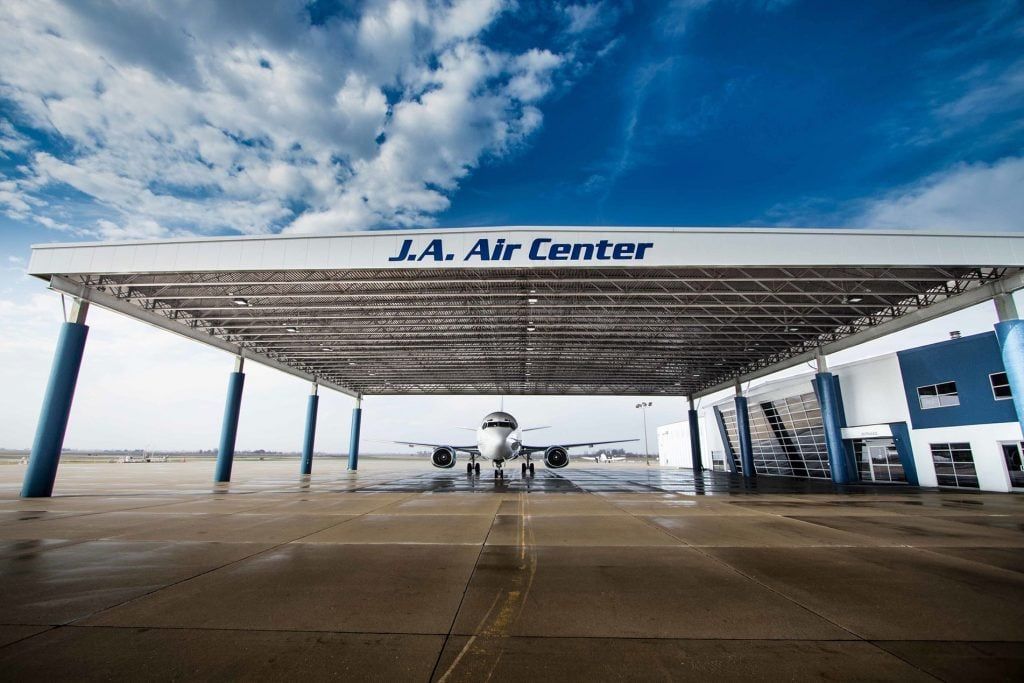
J.A. Air Center – Aurora Municipal Airport (KARR) – 43W730 US Highway 30 – Sugar Grove, IL 60554
E-mail Us: info@jaair.com | Call Us! 800.323.5966
Website imagined and executed by RivalMind.


